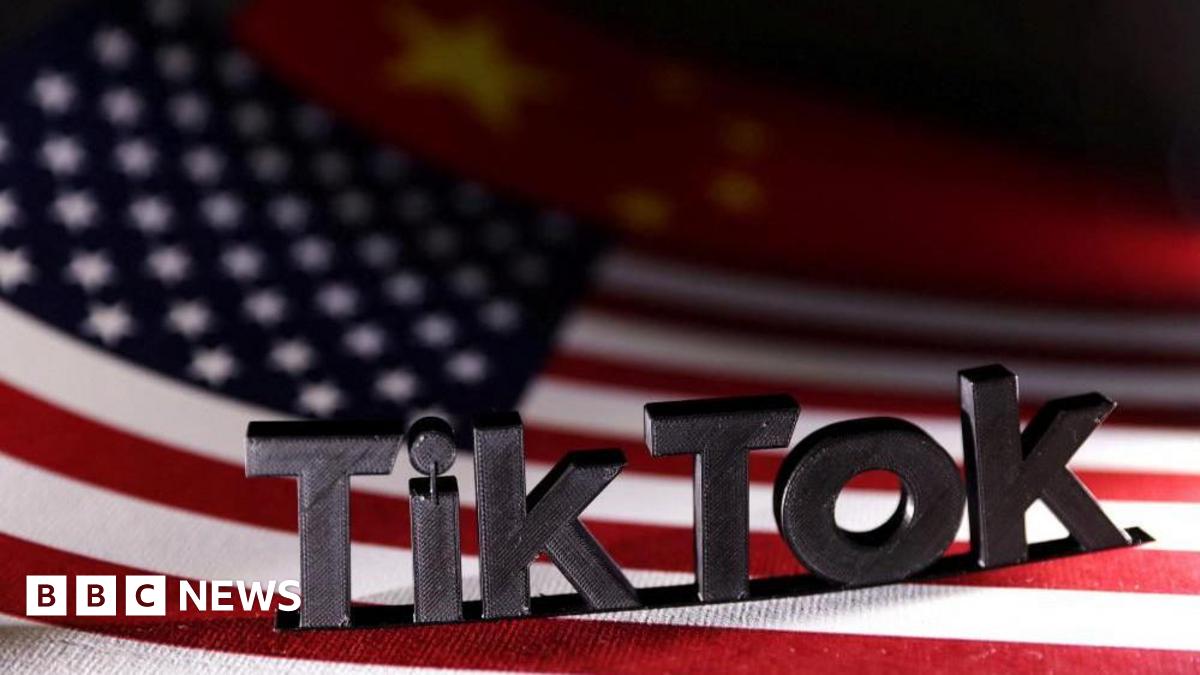Unlock the Editor’s Digest for free
Roula Khalaf, Editor of the FT, selects her favourite stories in this weekly newsletter.
Indonesia is flooding the global nickel market with low-cost supplies, forcing rivals to shut unprofitable mines and sowing panic in Washington and Paris that the upheaval will give China more control over the strategic resource.
The country, the world’s largest producer, expanded production by 30 per cent last year to 1.9mn tonnes even though global demand for the metal used in electric car batteries and stainless steel barely grew, according to investment bank Macquarie.
Indonesia’s aggressive push has helped boost its market share to 55 per cent last year, up from just 16 per cent in 2017. However the increased output also contributed to a 43 per cent fall in the global price of nickel in the past year.
Traders and analysts fear that Indonesia’s dominance of global supply will only grow as the metal’s low price forces producers elsewhere to close unviable mines and put the brakes on new developments.
“If we see a lot of non-Indonesia projects go to the wall, then Indonesia’s share goes even higher,” said Jim Lennon, a veteran nickel market analyst at Macquarie. “At the moment, there is no alternative. There is no big source being developed or approved elsewhere.”
Chinese companies made huge investments in Indonesian nickel to secure low-cost inputs for their stainless steel and to meet the expected surge in demand for electric car batteries.
The supply of industrial metals such as copper, lead and zinc is typically 0-2 per cent above or below annual demand. But nickel’s supply was about 6-8 per cent above last year’s 3.2mn tonnes of consumption because of Indonesia’s supply boom, said Lennon.
However consumer and industrial demand from China has waned. The tepid economic recovery from Beijing’s long zero-Covid policy has curbed sales of electric vehicles. China has also been shifting to lower cost batteries free of nickel and cobalt, meaning nickel demand last year was largely supported by the steel industry.
The twin forces of increased supply and weaker demand has pushed the nickel price at the LME to about $16,500 a tonne in the past year. Lennon estimated that current levels made more than half of global nickel production uneconomic.
Nickel producers in western Australian, one of the world’s largest producing areas, have had a tough January. Billionaire Andrew Forrest said his group Wyloo Metals would shut its nickel mines there and BHP warned that it was “evaluating options” around Nickel West.
Australian miner IGO said it may write off the value of the Cosmos nickel mine it only acquired 18 months ago and First Quantum will halt mining at its Ravensthorpe site for two years.

The potential closure of unprofitable mines has set off alarm bells in western capitals of an excessive concentration of supply in Indonesia, where the majority of mines, processing sites and supply deals are controlled by Chinese groups.
Chinese companies have also gained a technological edge in nickel processing and conversion technology, while also dominating global steelmaking and battery production, making it harder for potential buyers elsewhere to compete.
Ashley Zumwalt-Forbes, deputy director for batteries and critical materials at the US Department of Energy, wrote on social media that Indonesian and Chinese market dominance was an “extreme threat” to national and international security, as well as the environment.
“It’s Darwinian today. People have to die,” said one nickel trader. “Western governments need to either subsidise lossmaking operations, incentivise new low-cost operations in Indonesia and other places or depend on the Chinese. All of the governments are saying the last one is untenable but haven’t got their head around the first two.”
Australian resources minister Madeleine King called over the weekend for buyers to pay a premium for more sustainable nickel to level the playing field with Indonesia for its producers.

In recent weeks French government delegations have been visiting New Caledonia, once a globally important nickel production hub, as they grappled with how much support to extend the French Pacific island territory’s three large mine operators after each of them vowed to stop putting cash into lossmaking operations.
A senior Indonesian nickel executive said that while margins were becoming thin for local producers, they were hopeful of surviving the downturn longer than competitors in other parts of the world because of their low costs.
As a result, analysts said that nickel producers outside of Indonesia faced more pain.
“We haven’t seen enough cuts yet to say we’ve hit a floor,” said Colin Hamilton, commodities analyst at BMO in London.
Additional reporting by Nic Fildes in Sydney
Credit: Source link







![40 Zoom Backgrounds For Memorable Meetings [+ Holidays, Parties & More] 40 Zoom Backgrounds For Memorable Meetings [+ Holidays, Parties & More]](https://www.hubspot.com/hubfs/holiday-zoom-backgrounds-1-20241216-1885425.webp)



